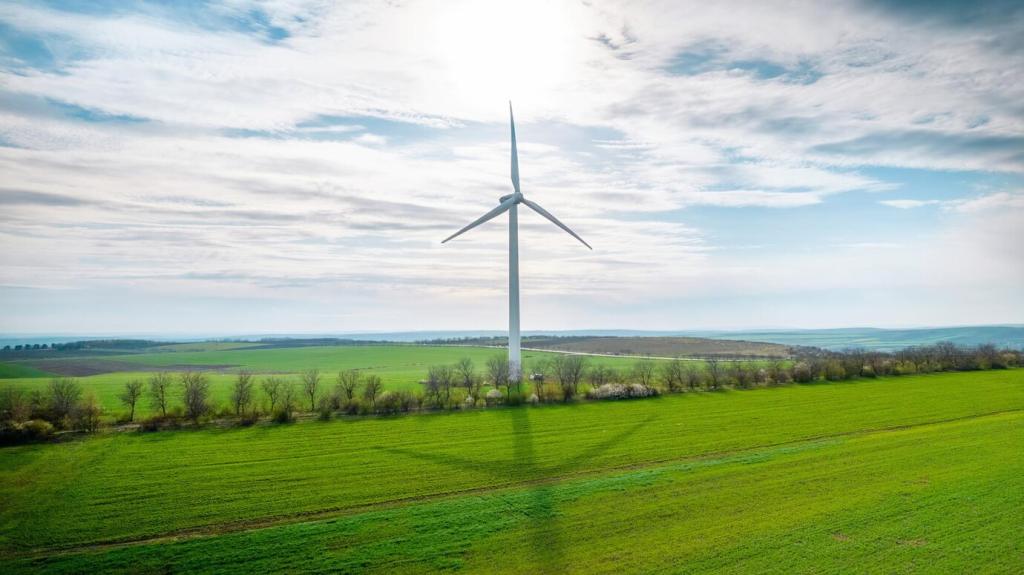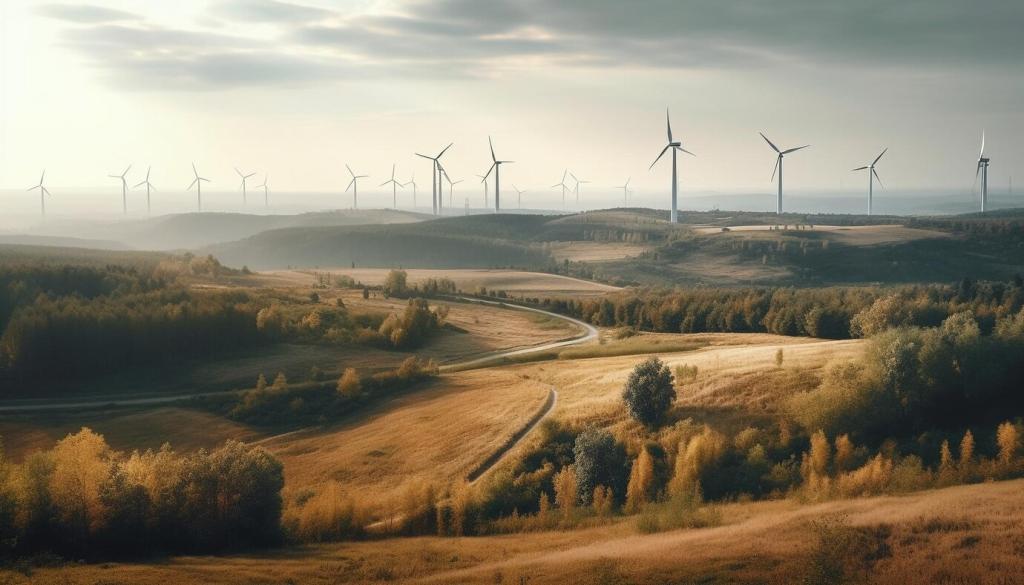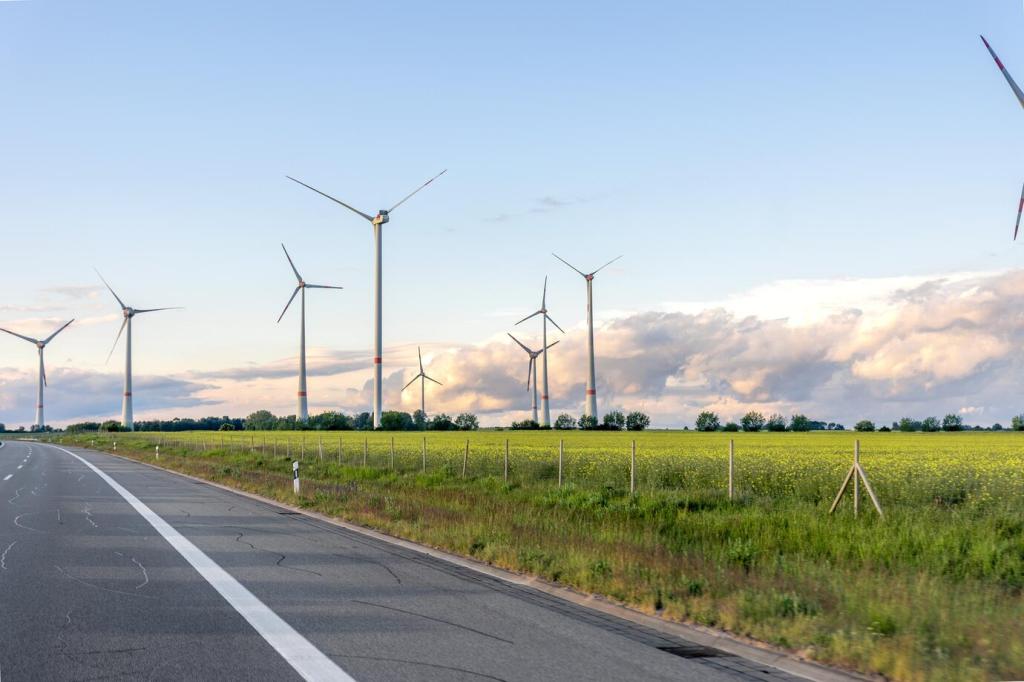
Revolutionizing HVAC with Eco-Friendly Technologies
The heating, ventilation, and air conditioning (HVAC) industry stands at the forefront of sustainable innovation, driven by the urgent need to combat climate change and enhance energy efficiency. New technologies are reshaping the way buildings maintain comfort while significantly reducing environmental impact. This transformation not only supports global sustainability goals but also delivers tangible benefits to homeowners, businesses, and communities. Discover how advanced solutions are revolutionizing HVAC systems, contributing to healthier environments and more responsible energy use.
Advances in Green HVAC Solutions
High-Efficiency Heat Pumps
Modern heat pumps are at the heart of sustainable climate control, using minimal energy to transfer heat between indoor and outdoor spaces. Unlike conventional furnaces that generate heat, these systems move warmth efficiently, offering both heating and cooling capabilities. Advancements in compressor technologies and refrigerants have dramatically improved their performance, even in colder climates where traditional heat pumps once struggled. As a result, they now provide an eco-friendly alternative to fossil fuel-based heating and cooling, making them a central component of green building initiatives.
Smart Thermostat Integration
Smart thermostats have revolutionized how users interact with HVAC systems by introducing intelligent control that adapts to lifestyle patterns and environmental conditions. These devices utilize sensors, learning algorithms, and remote connectivity to optimize heating and cooling cycles, ensuring comfort while minimizing unnecessary energy use. The result is a system that responds dynamically to occupancy and weather—it not only reduces utility bills but also extends HVAC system longevity by preventing overuse. In homes and businesses alike, smart thermostats represent a seamless fusion of sustainability and convenience.
Geothermal Systems
Geothermal HVAC systems harness the stable temperatures beneath the earth’s surface to provide year-round heating and cooling. By leveraging underground loops filled with fluid, these systems exchange heat efficiently, drastically reducing the need for electricity or fuel. Although the initial installation can be more involved, the long-term benefits include remarkable energy savings, minimal greenhouse gas emissions, and remarkably low maintenance. As technology matures, geothermal solutions are becoming more accessible and are setting new standards in eco-friendly building practices.
Reducing Environmental Impact
Low-GWP Refrigerants
Traditional HVAC systems often rely on refrigerants with high global warming potential (GWP), contributing significantly to climate change if released. The industry now prioritizes low-GWP alternatives, such as hydrofluoroolefins (HFOs) and natural refrigerants like CO2 and ammonia. These substances deliver effective cooling performance but break down rapidly in the atmosphere, causing far less harm than their predecessors. The switch to environmentally benign refrigerants is a regulatory, ethical, and practical shift that underscores the industry’s commitment to planetary health.
Eco-Conscious Manufacturing
Eco-friendly HVAC technologies begin their journey in the factory, where manufacturers are reimagining processes to cut waste, save energy, and reduce emissions. Sustainable material sourcing, streamlined production techniques, and innovative waste management practices are integral to this new paradigm. By implementing environmentally responsible manufacturing at every stage, companies ensure their products carry a smaller carbon footprint before they even reach consumers. This holistic rethinking of production sets the tone for genuine sustainability in HVAC solutions.
End-of-Life Recycling Programs
Responsible disposal and recycling are essential in the green HVAC revolution. Manufacturers and service providers are developing comprehensive end-of-life programs for old equipment, ensuring recovery of metals, refrigerants, and reusable components. These initiatives help prevent hazardous material release and reduce landfill waste, closing the loop on environmentally responsible lifecycle management. End-of-life strategies not only benefit the environment but also provide customers with peace of mind that their choices support a sustainable future.

Advanced Zoning Technologies
Modern zoning solutions allow building occupants to tailor temperature control to specific areas or rooms, rather than conditioning an entire structure uniformly. This customization significantly curbs energy waste—rooms that aren’t in use need not be heated or cooled to the same extent. Technological advances in wireless sensors and dampers, coupled with user-friendly interfaces, make zoning more accessible and effective than ever. For homeowners and facility managers, zoning offers a direct path to efficiency without sacrificing comfort.
Variable Speed Systems
Variable speed compressors and fans represent a leap forward in HVAC efficiency. Unlike traditional units that operate at fixed speeds, these systems adjust output precisely to match real-time demands, consuming only the energy required. This adaptability not only enhances comfort and noise levels but also dramatically lowers operating costs and extends equipment lifespan. As a result, variable speed systems are rapidly becoming the standard for both new and retrofit HVAC projects with sustainability at their core.
Solar-Powered HVAC Integration
Leveraging renewable energy, solar-powered HVAC solutions help offset the environmental impact of heating and cooling. By integrating photovoltaic panels and solar thermal collectors, these systems harness abundant sunlight to supplement or even fully power HVAC units. This reduces reliance on fossil fuels and grid-based electricity while lowering operational costs. As solar technologies become more efficient and affordable, their seamless integration into HVAC systems marks a big step forward for green buildings everywhere.

Join our mailing list
